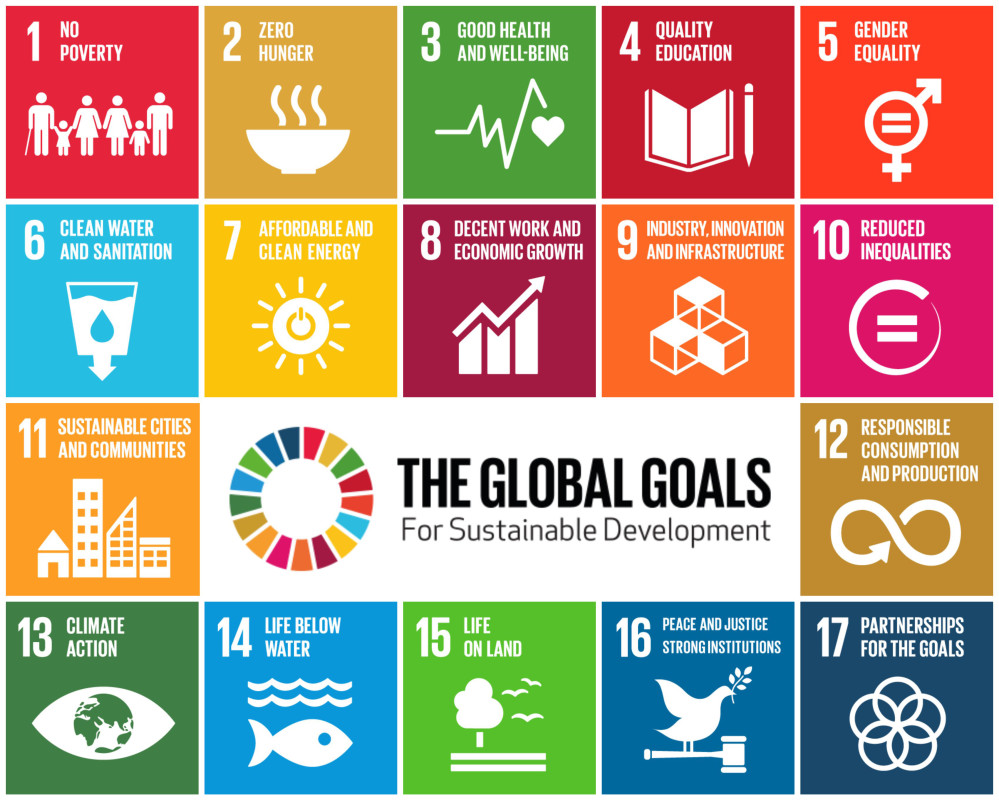This story was written by Lauren Hesterman, SEMBA ’17.
EDITOR’S NOTE: SEMBA regularly brings in business icons, executives, and entrepreneurs for hands-on, face-to-face workshops on issues ranging from sustainability to organizational leadership. In mid-October, John Abele, co-founder of the pioneering medical device company Boston Scientific, sat with the SEMBA cohort and talked about innovation and collaboration.
Not surprisingly, I found myself Googling new and exciting ideas no less than a dozen times while listening to John Abele speak to our SEMBA cohort last month. A dozen times – and it most certainly was not because I was distracted or disengaged. Rather, it was quite the opposite.
 John is one of those people that has inspiration oozing out of him. His relentless curiosity is apparent through and through. He had me searching for a new Irish company that is selling light instead of bulbs, a human anatomy chart, and the economic theories of Elinor Ostrom. Co-founder of Boston Scientific, where scientific innovation and humanitarian collaboration meet, John Abele has been driving innovative medical solutions for more than four decades. While John’s list of tangible accomplishments is enough to fill up a CV many times over, perhaps his greatest asset is his remarkable ability to collaborate.
John is one of those people that has inspiration oozing out of him. His relentless curiosity is apparent through and through. He had me searching for a new Irish company that is selling light instead of bulbs, a human anatomy chart, and the economic theories of Elinor Ostrom. Co-founder of Boston Scientific, where scientific innovation and humanitarian collaboration meet, John Abele has been driving innovative medical solutions for more than four decades. While John’s list of tangible accomplishments is enough to fill up a CV many times over, perhaps his greatest asset is his remarkable ability to collaborate.
Continue reading “Innovation: Top 10 Lessons from John Abele”







 With the introduction of the United Nation’s Sustainable Development Goals, we are faced with the challenge of implementing these goals into the way we live, impact communities and use business as a catalyst for change. Stuart Hart, one of the world’s leading experts of sustainable enterprise explains his framework for making these changes a reality. This interview has been edited for clarity. Highlights of our conversation are below.
With the introduction of the United Nation’s Sustainable Development Goals, we are faced with the challenge of implementing these goals into the way we live, impact communities and use business as a catalyst for change. Stuart Hart, one of the world’s leading experts of sustainable enterprise explains his framework for making these changes a reality. This interview has been edited for clarity. Highlights of our conversation are below.


